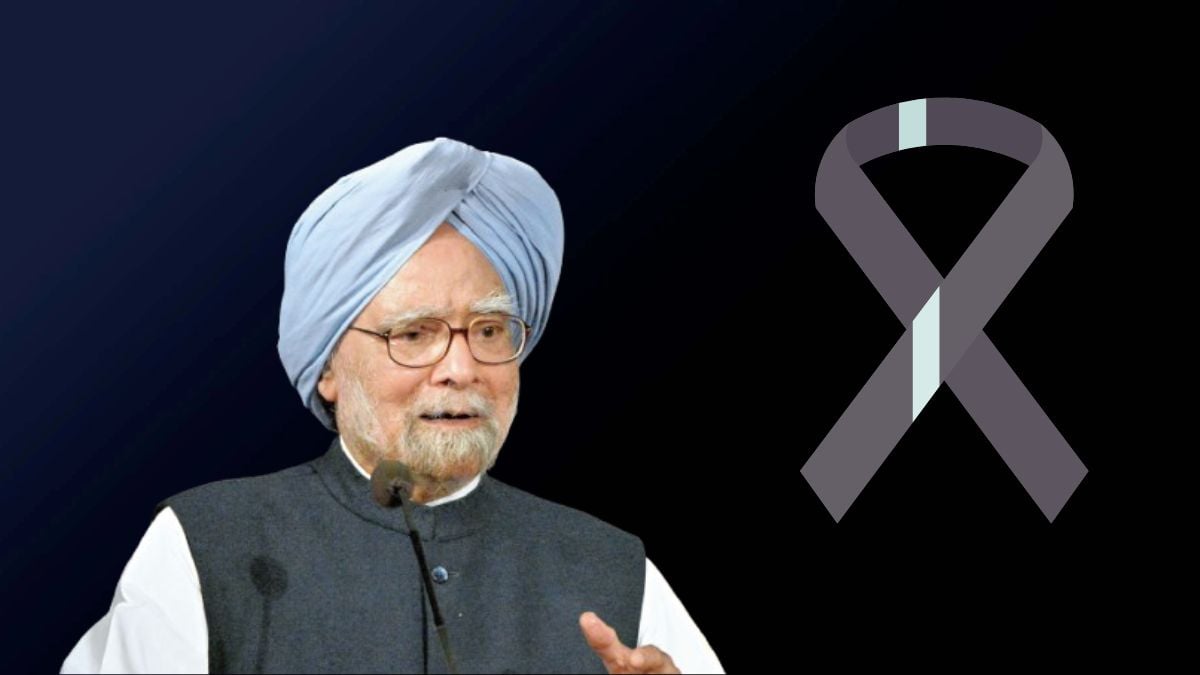
Former Indian Prime Minister Manmohan Singh passed away this Thursday. Recognized for being one of the longest-serving prime ministers, Singh is widely regarded as the architect of significant liberalizing economic reforms. He held the position of prime minister from 2004 to 2014 and previously served as finance minister.
Why did Manmohan Singh die?
Singh was admitted to the All India Institute of Medical Sciences in New Delhi after experiencing a deterioration in his health, resulting from a sudden loss of consciousness at his home, according to the hospital in an official statement.
Resuscitation efforts began immediately at his residence. He was transferred to the Emergency Room at 8:06 p.m. However, despite the efforts made, he could not be stabilized and was declared dead at 9:51 p.m.
The patient was receiving treatment for various age-related medical conditions.
How old was Manmohan Singh?
At the time of his death, Singh was 92 years old.
ALSO READ Discover that Walmart has this service just for “girls”; they all want it
Tribute to Manmohan Singh
On Thursday, various leaders paid tribute to Singh, including Prime Minister Narendra Modi, who expressed on social media that India is mourning the loss of one of its most prominent leaders.
Modi emphasized that Singh’s wisdom and humility were always evident in his interactions and highlighted the great efforts made to improve people’s lives during his tenure as prime minister.
Priyanka Gandhi, daughter of former Prime Minister Rajiv Gandhi and a member of the Congress Party, remarked that Singh was genuinely egalitarian, wise, determined, and brave until the end.
For his part, Rahul Gandhi, leader of the Congress Party, stated that he has lost a mentor.
Who was Manmohan Singh?
Singh was born on September 26, 1932, in a remote village in the Punjab province of India. After completing his studies at Panjab University, he continued his academic training by earning a master’s degree at the University of Cambridge, followed by a doctorate at Oxford.
During his time at Cambridge, the lack of financial resources was a constant concern for Singh. His tuition and living expenses amounted to around 600 pounds annually, of which only 160 pounds were covered by a scholarship from Panjab University; for the rest of his expenses, he depended on his father.
Manmohan opted for an austere lifestyle, taking advantage of subsidized meals in the cafeteria, which were relatively affordable at a cost of two shillings and six pence.
His political career took off when he was appointed Finance Minister of India in 1991, during a critical period when the country was facing a severe economic crisis.
This unexpected appointment highlighted his professional trajectory as an academic and public servant, having previously served as economic advisor to the government and governor of the central bank of India.
In his first speech as Finance Minister, he echoed the famous phrase by Victor Hugo, stating that “no power on Earth can stop an idea whose time has come.” This declaration marked the beginning of an ambitious and innovative economic reform program, which included tax reductions, the devaluation of the rupee, the privatization of state-owned enterprises, and the promotion of foreign investment.
As a result of these measures, the Indian economy experienced a remarkable revitalization, with an industrial resurgence, effective control of inflation, and sustained growth rates throughout the 1990s.
Singh became the first Indian leader since Jawaharlal Nehru to be re-elected after completing a full term and was also the first Sikh to hold the presidency of the country. In a show of humility, he offered a public apology in Parliament for the tragic riots of 1984, which resulted in the deaths of approximately 3,000 Sikhs.
However, his second term was marked by multiple accusations of corruption that severely affected his administration. Many believe that these scandals were partly responsible for the crushing electoral defeat of his party in the Congress in the general elections of 2014.









